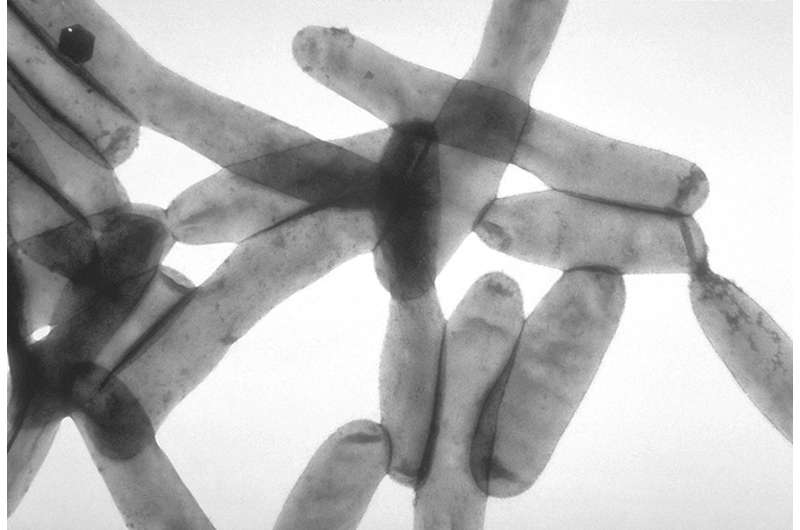Understanding Youth-Onset Type 2 Diabetes: A Growing Medical Challenge

Youth-onset type 2 diabetes is rising rapidly among children and teens, exhibiting aggressive progression and severe complications. Learn about the latest research insights and the urgent need for tailored interventions. source: https://medicalxpress.com/news/2025-05-parents-disease-tackle-puzzling-youth.html
In recent years, there has been a significant rise in cases of type 2 diabetes among children and adolescents, a trend that has puzzled many healthcare professionals. Historically considered an adult disease, type 2 diabetes is now increasingly diagnosed in young people, often at a much earlier stage in life.
Kristen Nadeau, MD, MS, a pediatric endocrinologist at the University of Colorado School of Medicine, has spent decades studying this troubling development. When she started her fellowship in pediatric endocrinology in 2001, there was already concern about an emerging disease affecting youth. At that time, the National Institutes of Health initiated a comprehensive study to better understand this alarming shift.
Nadeau and her colleagues quickly realized that youth-onset type 2 diabetes behaves differently from adult cases. Treatments effective in adults often failed in younger patients, and the disease progressed rapidly, leading to severe health complications. Over the years, multiple studies have confirmed that type 2 diabetes in youth is particularly aggressive, especially during puberty, and tends to be more prevalent among girls and certain ethnic minority groups.
Recent data reveal that individuals who develop diabetes early in life often face serious complications in their 20s and 30s, such as heart attacks and kidney failure. This is troubling because it affects individuals during their most productive and reproductive years, when they are typically at their peak health.
To better understand this phenomenon, Nadeau and colleagues recently published a review in the journal Diabetes Care, reflecting on the landmark studies that have shaped current knowledge. Their research highlights the urgent need for tailored prevention and treatment strategies to address the unique challenges of youth-onset type 2 diabetes.
The rise of this disease underscores a growing public health concern, emphasizing the importance of early intervention, lifestyle modifications, and research to develop more effective therapies for young patients. Continued investigation is essential to uncover why this form of diabetes manifests so aggressively in youth and to improve outcomes for affected populations.
Stay Updated with Mia's Feed
Get the latest health & wellness insights delivered straight to your inbox.
Related Articles
Legionnaires' Disease Outbreak in New York City Leads to 7 Deaths and Over 114 Infections
New York City’s Legionnaires' disease outbreak has resulted in 7 deaths and over 114 confirmed cases. Authorities identified cooling towers as the source, with remediation efforts completed. Residents are advised to be vigilant for symptoms.
Heading Soccer Balls Can Induce Subtle Brain Changes Without Concussion or Symptoms
New research shows that heading a soccer ball can cause subtle brain changes even without symptoms or concussion, highlighting potential long-term risks for players. Ongoing studies aim to understand the implications for brain health and safety protocols in football.
Emerging Research Links Emulsifiers to Potential Health Risks
Emerging scientific research indicates that common emulsifiers in processed foods may disrupt gut health, potentially leading to inflammation and chronic diseases. Learn more about the latest findings and health implications.



